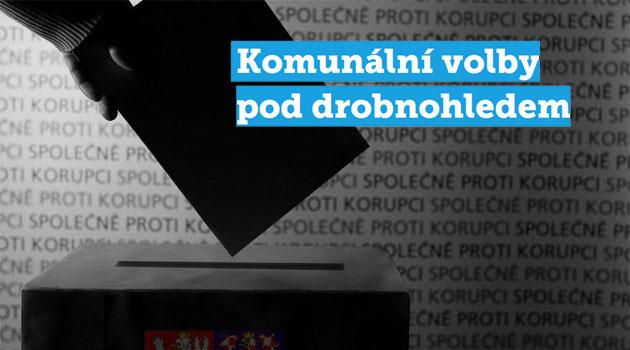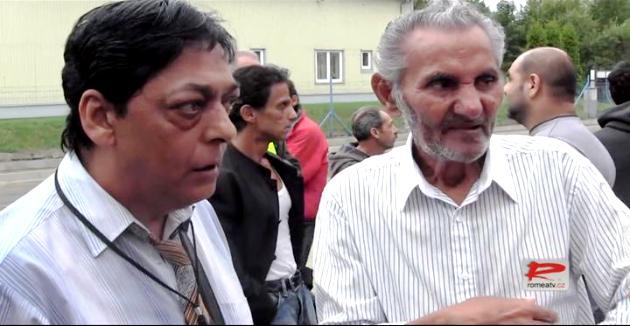Czech Republic: Romani party asks for more ballots, raising suspicions of vote-buying

Romani voters in Ostrava allegedly are not receiving ballots. Candidates with the Romani Democratic Party (RDS) have contacted several municipal departments in the city with demands that they issue new ones.
Yesterday the candidates asked officials in the Moravská Ostrava and Přívoz municipal department to issue 3 000 more ballots and asked the mayor of the Vítkovice municipal department for more as well. However, according to the director of Transparency International (TI), David Ondráčka, such a procedure is very unusual and could indicate a vote-buying effort.
Party representatives have rejected such an explanation. Jana Pondělíčková, spokesperson for the Moravská Ostrava and Přívoz municipal department, confirmed today to the Czech News Agency that a group came to the local council to demand more ballots be issued.
The voters claimed their ballots had not been delivered, primarily in the Přívoz quarter. "Naturally we did not give them any ballots and we will not be handing ballots over en masse to anyone. The fact that they argued that their ballots had not been delivered was dubious to us, because the deadline for delivery of the ballots is not until Tuesday," Pondělíčková said.
The local council is reportedly keeping an exact inventory of the ballots delivered. "We know where, for example, ballots went undelivered because there was no mailbox to put them in. Those citizens have the right to pick up a ballot individually, or they have the right to pick up a ballot directly at the polling place on election day," Pondělíčková said.
Mayor of Vítkovice Petr Dlabal told the Czech News Agency that Romani voters had contacted him by telephone claiming that someone from the RDS had been collecting ballots from people. "They wanted to know what I was going to do about it," Dlabal said, adding that he believed the Romani callers were after new ballots.
Dlabal told the callers that ballots are also available at polling places. "This is very unusual and very strange and it prompts questions as to the motivation for doing this. There is a risk here that if more ballots are issued under some hidden pretext, they could be used for vote-buying," Ondráčka said.
The TI director believes vote-buying could be practiced by someone filling out the newly-issued ballots in advance and then giving them to voters to cast, either in exchange for payment or for a commission on how many others they convince to do the same. This vote-buying approach is less obvious.
"Vote-buying will no longer take place here as primitively as it did in the past elections, when people gathered in several towns in front of the polling place and handed out money to the voters. That draws attention," Ondráčka said.
Vladimír Leško, the lead RDS candidate in Ostrava, rejects allegations of vote-buying. He said that, on the contrary, the party wants to warn Romani voters against such behavior.
Leško claims fewer ballots than needed were delivered to several large families and that someone also stole Romani residents’ mailboxes in Vítkovice. "We asked for substitute ballots, I wanted to give them to those families. There is a never a name on a ballot, so it can’t be abused. I don’t understand how this could be misused," he said.
The RDS candidate said his political competition is afraid of the Roma. At the same time, however, he said that even competent people had problems filling out the ballots.
"We want to explain this to them now. Every citizen in this state has the right to vote. We never tell anyone that they have to vote for us and we don’t get anyone else to do that for us either. Everyone can vote for whomever they want," Leško said.
The Moravian-Silesian Region in particular is, according to TI, a high-risk region where there are concerns that voter fraud and vote-buying will be organized. For example, the previous local elections in the town of Český Těšín in the Karviná district had to be repeated because of vote-buying.
